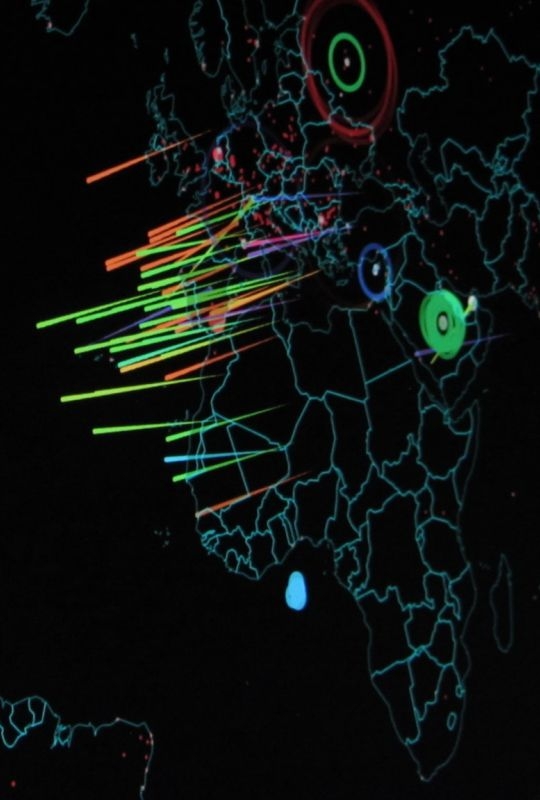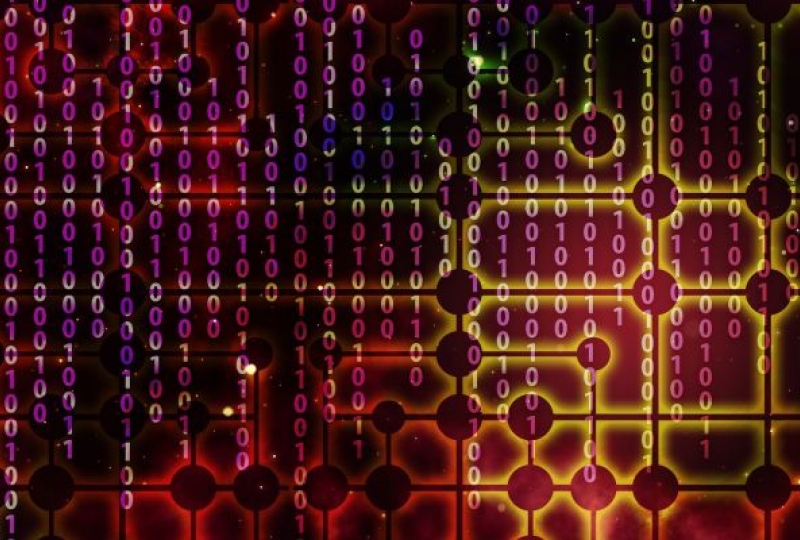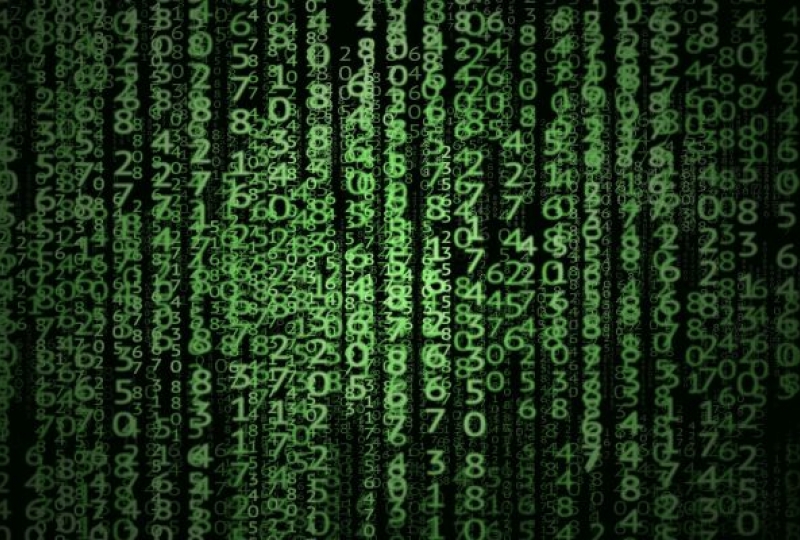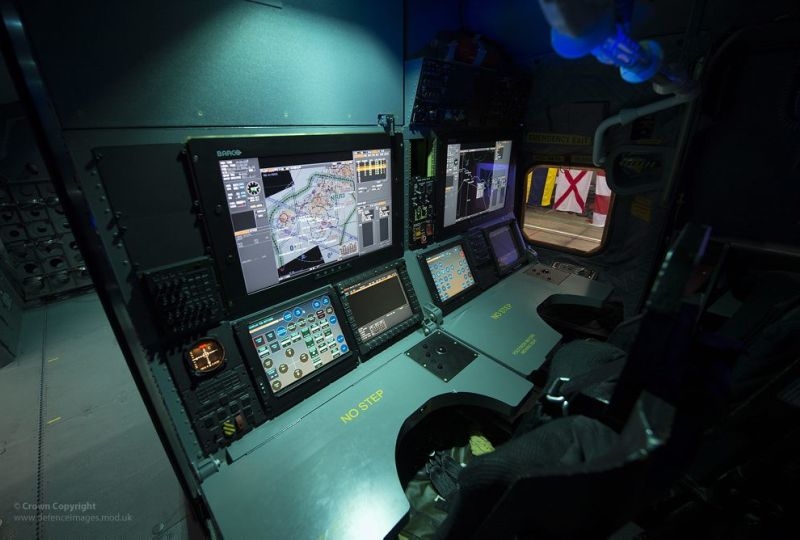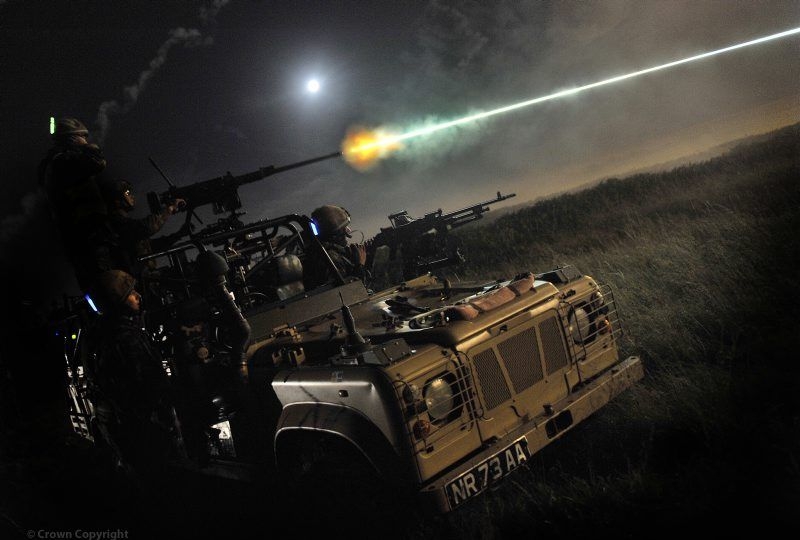New (military) technologies have a profound impact on how wars are fought. Significant advances in the fields of cyberspace, artificial intelligence, robotics or space technology are at the forefront of contemporary geopolitical power struggles and already bring major transformative shifts in military and humanitarian affairs.
‘While IHL is applicable to all technological developments in warfare, the speed, scale, and transformative impact of today’s technological advances require a constant (re-)assessment whether new means and methods of warfare are compatible with existing IHL rules’ explains Robin Geiß.
‘Our research precisely aims at considering the effects of these developments and at assessing whether IHL continues to provide the level of humanitarian protection it is meant to ensure – notably for conflict-affected populations – in contemporary and future warfare’ he adds.


